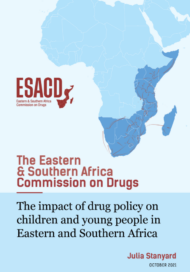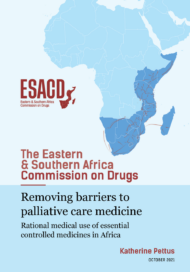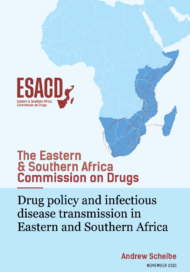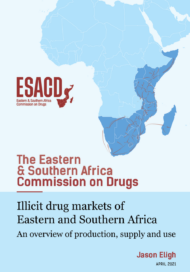Posted on 01 Oct 2021
Protecting children and young people from harm has been a key argument in advocacy for prohibitionist, prevention-based drug policy. However, the prevailing trends of drug policy in Eastern and Southern Africa cause a number of harms to children and young people – in particular, health and social harms.
Key among these are:
- Restricted access to harm-reduction services
- The exacerbated health risks of drug use n Greater exposure to drug-related violence
- The negative consequences of imprisonment and criminal convictions
- Exposure to police brutality, abuse and corruption
Youth populations are often excluded from data collection and research into drug markets, either as participants or designers of research projects. Youth voices are not always heard in drug-policy discussions.
Provisions relating to children and young people have begun to be included in international drug-policy frameworks in recent years, and youth have been identified as a vulnerable group to be given focused support. However, evidence suggests that some of the harms caused by drug markets and repressive drug policies are associated especially with young people. The inclusion of youth voices in policymaking would be a first step towards building a more needs- and evidence-based drug policy.
This paper highlights how prevailing trends in the drug policies of Eastern and Southern Africa are taking their toll on its youth population. It draws together the available evidence, with the aim of giving a voice to a population group that is traditionally excluded from policymaking and bears the brunt of the war on drugs.




